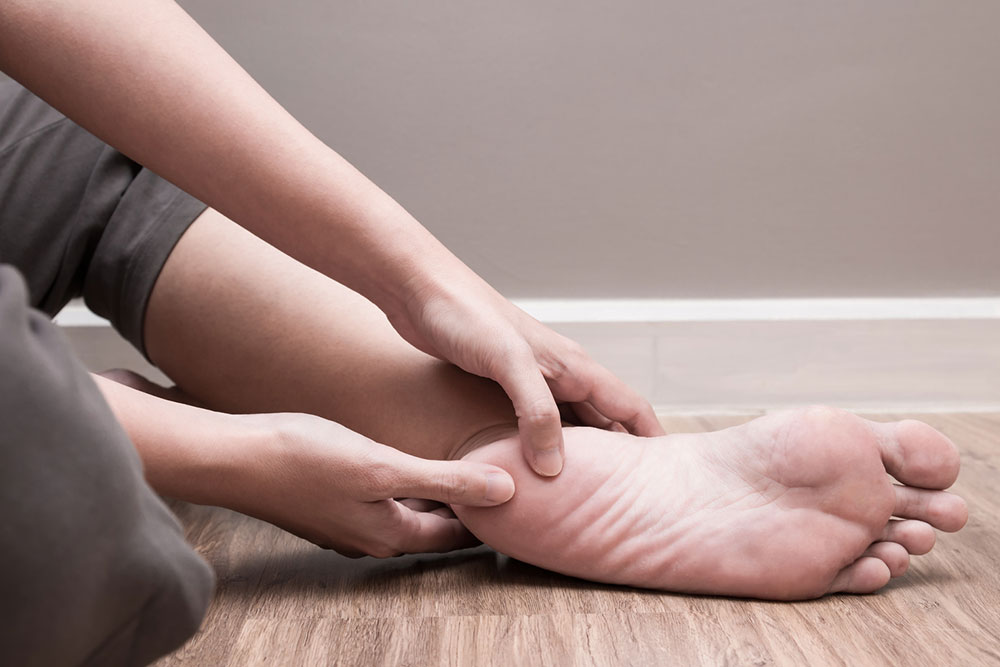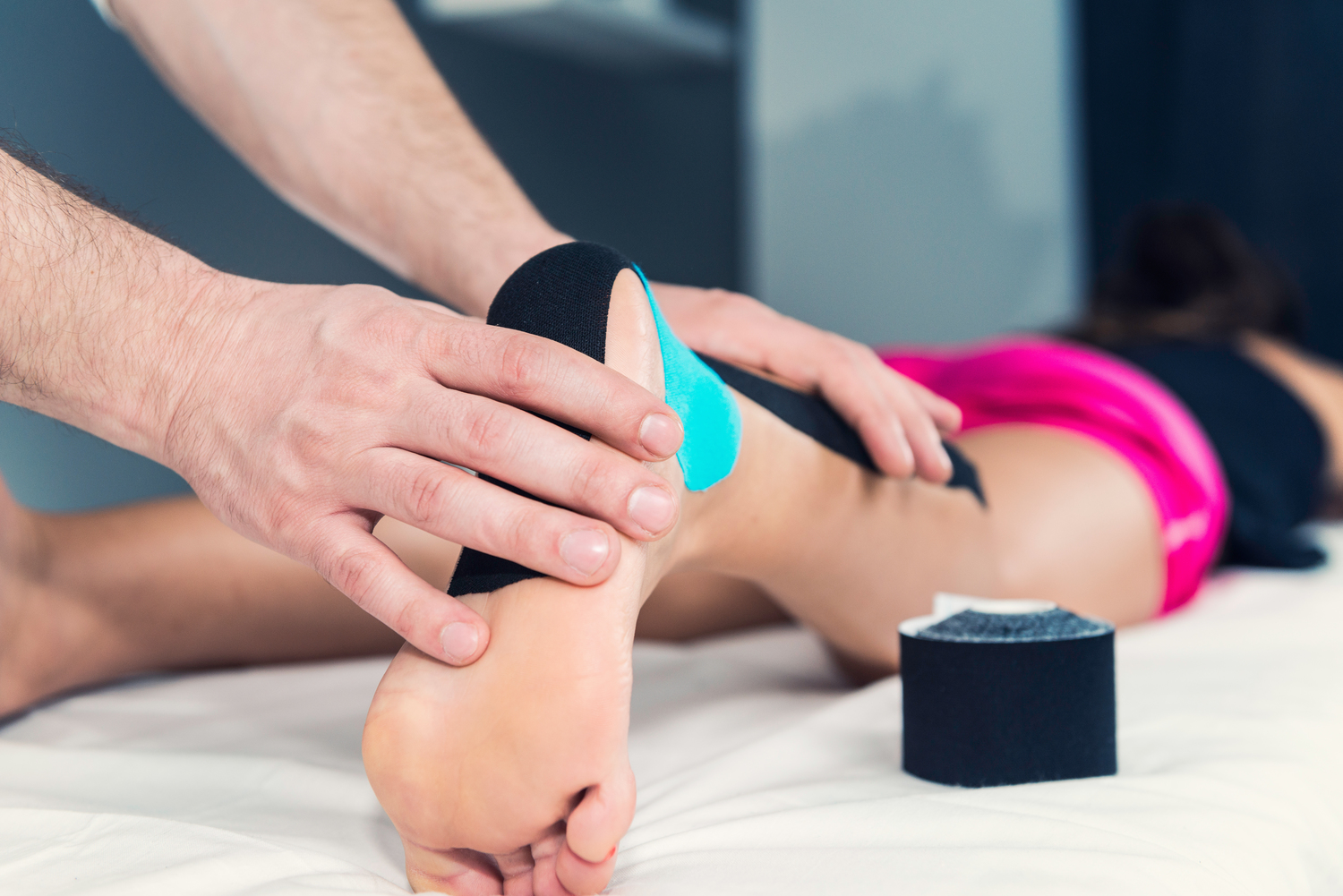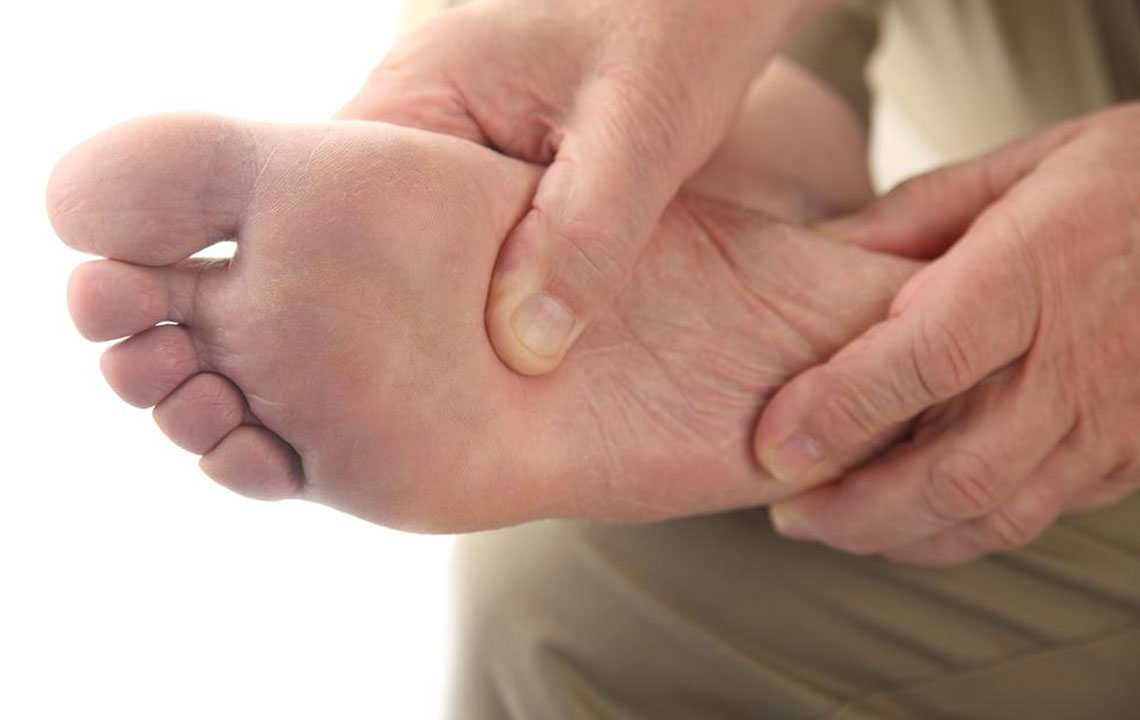Understanding and Managing Foot Tingling: Causes and Solutions
This article explores common causes of foot tingling, including nerve damage, injuries, and deficiencies, along with effective remedies such as proper footwear, exercises, and lifestyle changes. Recognizing early symptoms can prevent serious health issues. Consulting a healthcare provider is recommended for persistent problems. The guide emphasizes prevention and early intervention to maintain nerve health and overall well-being.

Understanding and Managing Foot Tingling: Causes and Solutions
Understanding the reasons behind and ways to relieve foot tingling
Have you ever experienced a prickling sensation in your feet after sitting with crossed legs for a long time? Or know someone who suffers from numbness and sharp pains in their limbs during stressful moments like exams or job pressures? Often, these small symptoms are ignored until they interfere with daily activities. Ignoring such sensations might worsen your health over time. Recognizing and addressing these signs early can prevent serious underlying issues.
This tingling can present as occasional, intense, or persistent sensations, mainly caused by nerve pressure from poor posture or other health conditions. Symptoms include pain, itching, and numbness, which are often overlooked until they worsen. Identifying the root cause is essential for effective treatment and prevention of future episodes.
Common causes of foot tingling include:
Diabetic nerve damage: Tingling may be among the first signs of diabetes, as high blood sugar damages nerves, starting in the feet and progressing upward.
Physical injuries: Trauma or overexertion can irritate nerves, leading to episodic tingling sensations.
Vitamin deficiencies: Lack of vitamins, especially B-12, can cause nerve impairment, accompanied by fatigue and headaches.
Kidney issues: Kidney failure, often linked to diabetes and hypertension, can manifest through tingling sensations as a warning sign.
Infections: Conditions like HIV, AIDS, or leprosy can inflame nerves, causing swelling and pressure that lead to tingling.
Autoimmune conditions: Diseases where the body attacks its own tissues require diagnosis through blood tests and family history; symptoms may include persistent tingling.
Since tingling in the feet can indicate serious health problems, early intervention is vital. Here are some remedies to manage and prevent it:
Cardio exercises: Activities like running or Zumba help control blood sugar and improve overall health. For persistent tingling, opt for low-impact workouts like walking or swimming.
Proper footwear: Avoid high heels and tight shoes, as they increase nerve pressure. Comfortable shoes reduce the risk of temporary or chronic tingling.
Foot-specific exercises: Low-impact routines such as walking, cycling, or swimming promote blood flow, especially beneficial for diabetic neuropathy.
Vitamin B complex supplements: Increasing B vitamins, particularly B-12 and Inositol, can alleviate nerve issues.
Adjust sitting posture: Avoid crossing legs; instead, elevate or keep feet flat to prevent nerve compression.
Warm compresses: Applying heat can soothe inflamed nerves and reduce sensation of tingling or pain.
While foot tingling is often harmless, persistent or severe symptoms warrant medical consultation to rule out underlying conditions.










